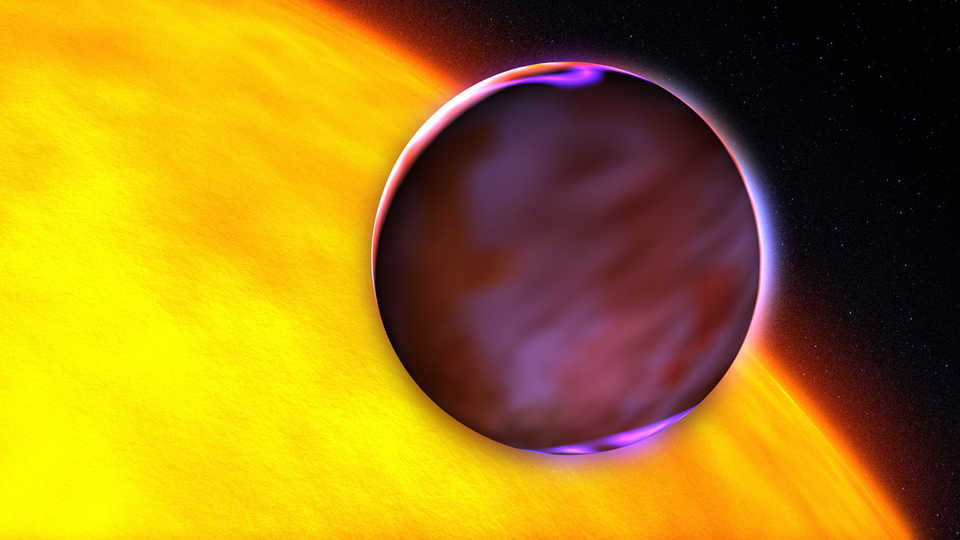Bruce Macintosh, Professor of Physics, Stanford University
In less than two decades, more than a thousand planets have been discovered orbiting other stars. This has sparked a post-Copernican revolution, as we realize our solar system is not alone. However, we still don't know if our solar system is rare or unique—the powerful techniques that detect extrasolar planets are still too insensitive to see any of the planets in our solar system; and the known extrasolar planets are 'seen' through indirect methods such as Doppler shift or photometirc measurements of their effects on their parent star. An alternative to indirect detection is imaging: blocking out the light of the bright star to reveal the faint planet nearby. This is extremely challenging—the Earth is ten billion times fainter than the sun. In recent years, however, advances in technology have allowed a handful of giant planets to be seen directly.
Macintosh will discuss these planets—the first-ever images of other solar systems—and the technology that has allowed us to discover them. New instruments, such as the advanced Gemini Planet Imager, promise to find dozens more, including the youthful equivalent of our own Jupiter. We will also learn about the prospects for the future, including behemoth 30-m ground-based telescopes and the the WFIRST-AFTA space mission. The latter will use a repurposed military telescope to potentially image "super-Earth" planets around the nearest stars. The ultimate goal is detection of a second 'pale blue dot'—an Earth twin where we could even see the biosignatures of extrasolar life. Such a discovery may require even more advanced space telescopes - but will truly complete the evolution of our view of the universe.
